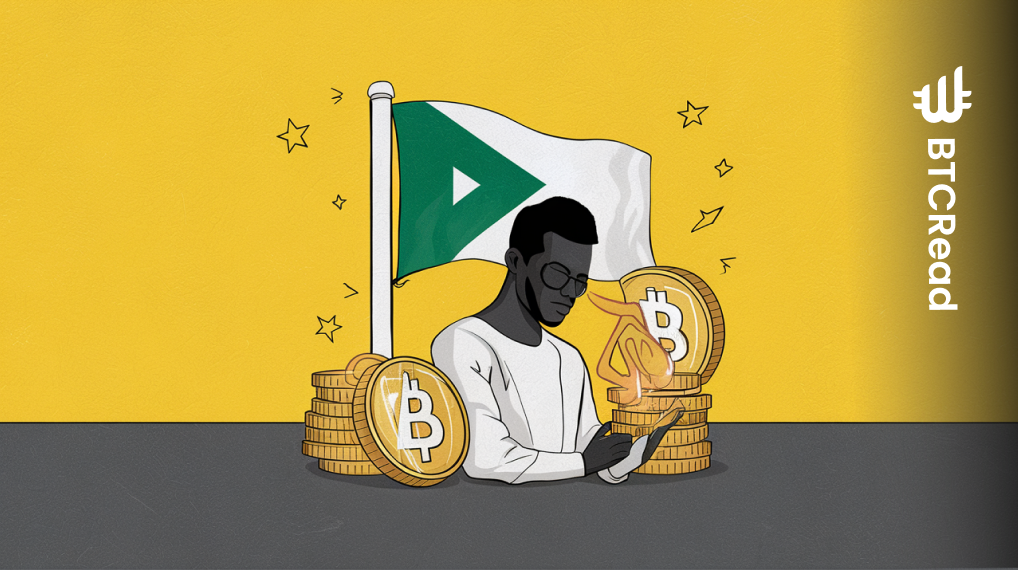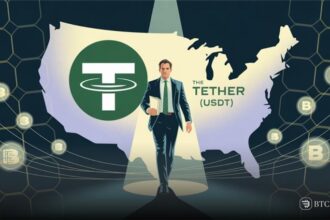Nigerian crypto activist and politician James Otudor gains backing from the local cryptocurrency community in his legal fight to secure the right to own, use, and trade Bitcoin, Tether, and other digital assets in Nigeria.
Otudor revealed that although moral support has been abundant, his team is holding off on accepting financial contributions until they establish systems ensuring transparency. This measure aims to prevent adversaries from spreading propaganda that could jeopardize the cause.
Court introduction amid government uncertainty
A court session on Aug. 9 served mainly as an introduction to the case. Otudor emphasized that the Nigerian government’s confusion about crypto assets and blockchain technology played a significant role in motivating the lawsuit.
He noted a common misconception among Nigerians that authorities have banned Bitcoin and that the government opposes it. This belief is so widespread that even radio stations refrain from mentioning Bitcoin, fearing sanctions from the National Broadcasting Commission (NBC).
Addressing misconceptions
Otudor challenged the notion that people use crypto assets mainly for illicit activities., arguing that incidents of fraud involving the nation’s fiat currency far surpass those related to cryptocurrency. He emphasized that fiat currency fraud is significantly higher than crypto fraud; consequently, he countered a common argument against digital assets.
Furthermore, Otudor supports regulations but calls for a better understanding of crypto asset classes. He advocates for a framework that balances security, compliance, and local industry growth.”Otudor said:
Drafting the regulations should be accelerated, and it should foster local industry players to thrive.
The broader impact
The lawsuit challenges the Nigerian government’s stricter crypto stance and CBN’s transaction restrictions. The aim is to restore Nigerians’ rights to digital assets.
The suit also seeks an immediate reversal of restrictions on all crypto exchange platforms. Additionally, it calls for a declaration to protect and guarantee the rights of Bitcoin and other cryptocurrency holders.
Related | Bitcoin indicator turns green: Is it a bear trap or a bullish sign?







